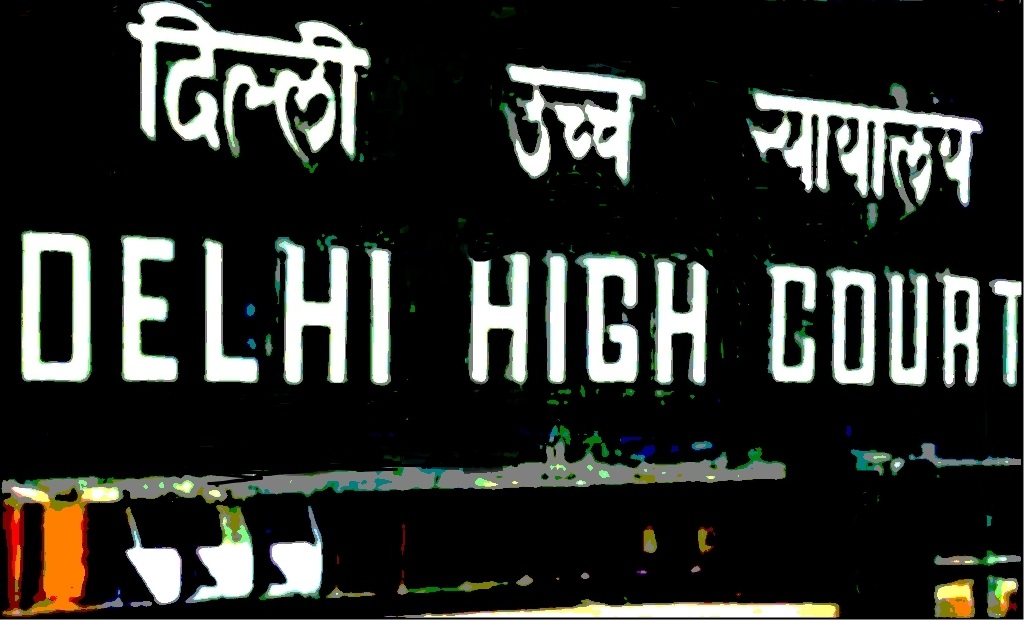Individual injustices originating in wrongful denial of rights prescribed under law can’t be sent into oblivion on ground that these are necessary consequence of competitive examination: SC

Read Judgment: Avni Prakash V. National Testing Agency & Ors
Pankaj Bajpai
New Delhi, October 30, 2021: The Supreme Court has held that individual injustices originating in a wrongful denial of rights and entitlements prescribed under the law cannot be sent into oblivion on the ground that these are a necessary consequence of a competitive examination.
A Division Bench of Justice Dr. D.Y. Chandrachud and Justice A.S. Bopanna therefore observed that Avni Prakash (Appellant) was wrongfully deprived of compensatory time of one hour while appearing for the NEET (National Eligibility cum Entrance Test) without any fault of her own, despite her entitlements as a PwD (Person with Disability) and a PwBD (Person with Benchmark Disability).
Accordingly, the Bench directed the NTA (first Respondent) to ensure that provisions which are made at the NEET in terms of the rights and entitlements available under the RPwD Act 2016 are clarified in the NEET Bulletin by removing ambiguity.
Going by the background of the case, Avni Prakash (Appellant) suffers from Dysgraphia, which is a specified disability listed in Entry 2(a) of the Schedule to the Rights of Persons with Disability Act 2016 (RPwD). The Appellant has been diagnosed with a 40% permanent disability, falling within the statutory definition of a ‘person with benchmark disability’ u/s 2(r) of the RPwD Act 2016. The appellant claims that as a person with disability, she is entitled to reasonable accommodation and certain relaxations. Among them is the benefit of “inclusive education” by a suitable modification to the examination system, as mandated by Section 17(i) of the RPwD Act, 2016. In the meanwhile, the Ministry of Social Justice and Empowerment has issued guidelines for conducting “Written Examination for Persons with Benchmark Disabilities”, which are to be followed by all examining authorities and educational institutions conducting regular or competitive examinations.
The National Testing Agency (first Respondent), is responsible for conducting the National Eligibility cum Entrance Test for admission to under-graduate medical courses. Thus, the Appellant urges that the Guidelines on Written Examination are binding on Respondent, as the Appellant appeared for the NEET on Sep 12, 2021 and given her PwD status, she claimed a relaxation in terms of an additional hour of compensatory time, as against the total time of three hours prescribed for regular candidates.
The grievance of the Appellant is that Thakur College of Engineering (second Respondent) had initially assured her that facilities for PwD, if prescribed in the rules, would be provided to her. However, towards the end of the scheduled duration of three hours, her answer sheet was “forcibly” collected together with the category of regular students appearing for the examination depriving her of compensatory time.
When the matter reached High Court, the NTA was directed to take appropriate decision on the application of the Avni Prakash for re-appearing in the test by making adjustments to enable disabled person to effectively counter the barriers posed by disability person and sympathetically.
In furtherance of the interim order of the High Court, the Appellant approached the Grant Government Medical College, Mumbai, but was informed that the certificate in the format prescribed under Appendix VIII-A is applicable at the time of admission when a PwD candidate is claiming reservation and not for claiming relaxation and benefits during the examination.
After considering the arguments, the Top Court opined that NTA cannot be allowed to simply get away when confronted with the situation in hand whereby injustice has been caused to a student by standing behind the situation of a large competitive examination.
NTA as an examining body, was bound to scrupulously enforce the Guidelines for Written Examinations dated August 29, 2018 which provides for specific relaxations, added the Court.
Speaking for the Bench, Justice Chandrachud found that the Appellant has suffered injustice by a wrongful denial of these relaxations and a lack of remedy by this Court would cause irretrievable injustice to the life of the student.
Justice Chandrachud found that in the present case, the Appellant does not claim misfeasance on the part of NTA but plain and simple negligence in complying with the rights and entitlements provided to PwDs under the RPwD Act 2016.
Therefore, the Division Bench observed that, for effective participation of the students with disabilities in the society, which undoubtedly is the salutary object of the legislation, the safeguards which are provided by the law must be duly enforced and any breach of entitlement must be answerable at law.
The RwPD Act 2016 prescribing beneficial provisions for persons with specified disabilities would have no meaning unless it is scrupulously enforced, added the Bench.
“The appellant has secured an All India Rank of 1721 out of 2684 candidates qualified in the PwD category. In relation to the State of Maharashtra, the appellant has secured rank 249 out of 390 candidates in the PwD category. The first respondent has stated that approximately 15.4 lakh candidates appeared at the NEET (UG) 2021 on 12 September 2021 for which the result was declared on 1 November 2021 and the All-India Rank was forwarded on 9 November 2021 to the Ministry of Health and Family Welfare, Government of India to conduct counselling for admission. It was submitted that alteration of the result at this stage would prejudicially affect other candidates who are ranked above the appellant”, observed Justice Chandrachud.
The Top Court however clarified that for the purpose of availing of the reservation u/s 32 of the RPwD Act 2016 or an upper age relaxation as contemplated in the provisions, the concept of benchmark disability continues to apply.
Sign up for our weekly newsletter to stay up to date on our product, events featured blog, special offer and all of the exciting things that take place here at Legitquest.




Add a Comment